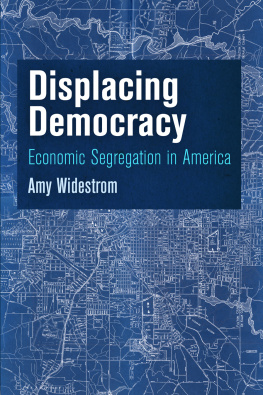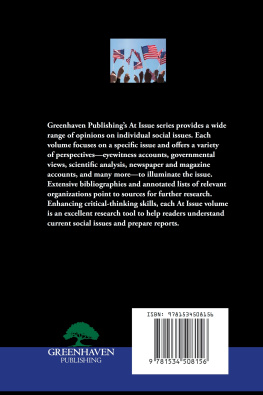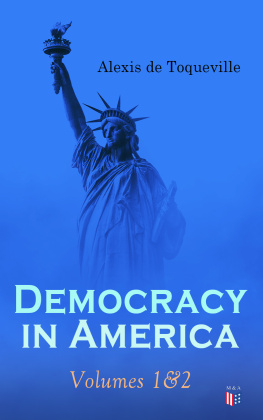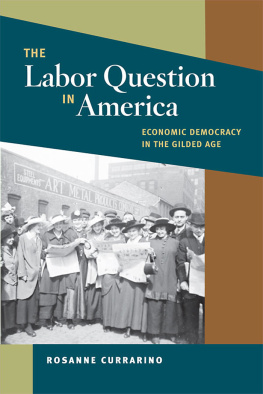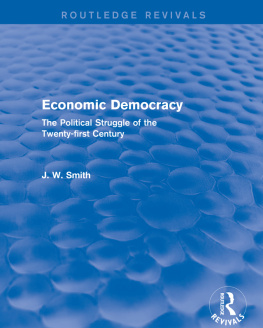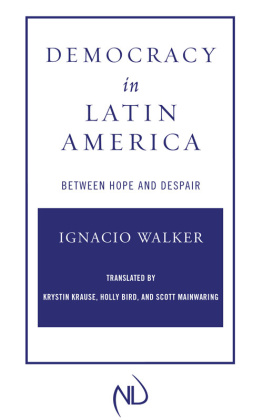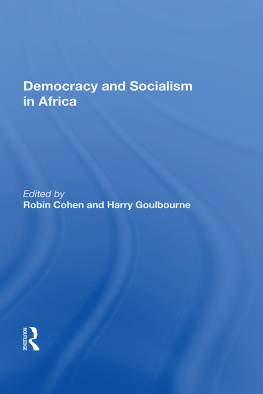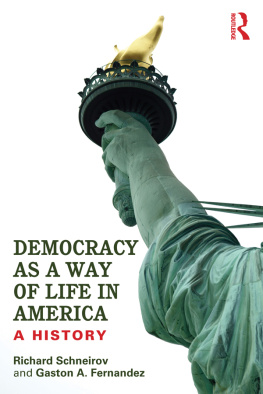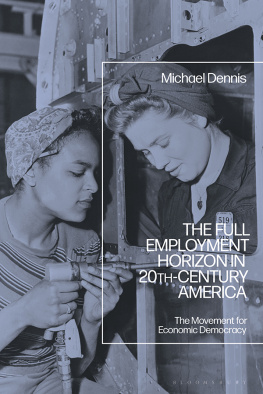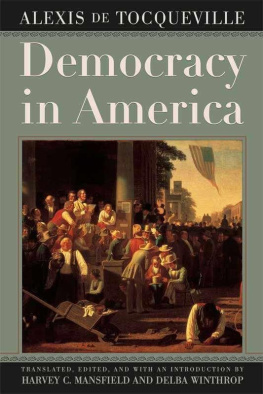Copyright 2015 University of Pennsylvania Press
All rights reserved. Except for brief quotations used for purposes of review or scholarly citation, none of this book may be reproduced in any form by any means without written permission from the publisher.
Published by
University of Pennsylvania Press
Philadelphia, Pennsylvania 19104-4112
www.upenn.edu/pennpress
Printed in the United States of America
on acid-free paper
10 9 8 7 6 5 4 3 2 1
Cataloging-in-Publication Data is available from the Library of Congress.
ISBN 978-0-8122-4659-9
Introduction: A Theory of Economic
Segregation and Civic Engagement
An African American middle and upper-middle class emerged in Atlanta in the early twentieth century, and after World War II these families increasingly sought homes away from the impoverished, decaying, and densely populated urban core. Additionally, and despite great effort by segregationists, residents of formerly all-white neighborhoods found it more difficult to maintain policies of racial exclusion as the civil rights movement gathered momentum. Beginning in the 1960s, middle- and upper-middle-class African American families moved into the formerly white neighborhoods west and southwest of downtown Atlanta, including the area known as West Manor.
Meanwhile, beginning in 1962, other black families moved into a newly completed housing development called Thomasville Heights across town in southeastern Atlanta. Families moved there as part of a relocation initiative designed to assist people displaced by urban-renewal projects in downtown Atlanta. City officials chose this area in the southeast for the relocation of
But Thomasville Heights began to change in the late 1970s and 1980s. The number of rental units in the neighborhood increased as low-income residents continued to move into the area owing to revitalization efforts throughout the city that displaced low-income, primarily black, Atlantans. Redevelopment efforts, including the construction of freeways and shopping centers, as well as venues for the 1996 Summer Olympics, prompted the relocation of thousands of poor citizens. Unlike West Manor, Thomasville Heights fits the stereotype of an urban neighborhood with a large African American population, and, not incidentally, the extent to which this neighborhood conforms to preconceptions, the harder it becomes to envision possible alternatives.
This community, which began as an initiative to help those in struggling inner-city neighborhoods, simply could not maintain its original character. Although the first wave of relocation in the 1960s seemed to work fairly well, subsequent waves of newly arrived impoverished residents gradually changed the character of the area. Starting in the 1970s, public officials too often seemed to take the view that because Thomasville Heights was already home to poor and working-class blacks, the neighborhood could serve as a landing spot for new waves of people being displaced by new redevelopment projects. Citywide policies targeting blight clearance, low-income housing construction, and relocation too often treated Thomasville Heights as a last stop for thousands of Atlantans. Over time a grim cycle developed: Thomasville Heights became known by policy makers and other city residents as a poor neighborhood, and it became a logical spot for public officials to shuttle more poor people, with scant concern about how those relocated might find their way in their new environs or what their arrival might mean for the future of the neighborhood.
The story of Thomasville Heights is a familiar one. Across the United States over the past several decades, low-income residents, usually racial and ethnic minorities, have become more likely to live in increasingly impoverished and blighted neighborhoods. That this has happened is not in dispute; the important questions are how and why this physical relocation of millions of people into these neighborhoods has occurred and what its effects have been.
One popular theory focuses on public choice, arguing that as free agents, people can choose where they want to live and should vote with their feet if they are unhappy with their residential environments. As enticingly simple as this theory may seem, this position does not adequately appreciate how our residential choices are shaped by two competing forces. One of these is political. There are numerous public policies that shape our lived environment, including housing and transportation policies, among others, and these interact with one another in complicated ways to circumscribe and modify the choices that individuals have regarding where they live. The other force is economic. The dynamism of local, national, and international economic forces combines with the individual motivations of people driven to improve their own economic well-being in ways that affect income distribution and inequality in society, which in turn can limit what some people, particularly poor people, can do to relocate to a better neighborhood.
Put simply, these political and economic phenomenapublic policies and laws, and income and wealth distributioncombine with one another to have a profound effect on residential patterns in the United States, increasingly promoting residential segregation not by race but by class.economic segregation occurs for reasons that extend beyond simply the movement and concentration of individuals and resources as a result of their own choices. Instead, these brief narratives, which will be examined in greater depth in this study, highlight how residential segregation of different economic groupslike those in West Manor and in Thomasville Heightsor what we can call economic segregation, occurs. More important, the stories of how cities like Atlanta became more spatially divided along economic lines in the late twentieth century demonstrate the important civic and political consequences that emerge as a result of this residential economic segregation.
When explored further, these stories seem to suggest that economic segregation is not just a consequence of public policies and broad economic factors, it is also an underappreciated and understudied phenomenon shaping residential environments and the subsequent engagement of individual citizens. Economic segregation does this by contributing to the development of what we can call civic environments, or neighborhood contexts that do or do not contain the resources and capabilities to advocate for or fight policies that harm individual neighborhoods. From this perspective the well-documented trend in declining civic engagement among low-income citizens is not simply driven by individual low-income citizens opting out of political life. Instead, the environments within isolated low-income neighborhoods create the circumstances that serve to diminish civic engagement among the least advantaged in society and those within high-income neighborhoods serve to promote engagement among the prosperous. Place matters, and the civic environment in which a person lives can affect the attitudes they develop about the political process and the likelihood that they will participate in civic life.




